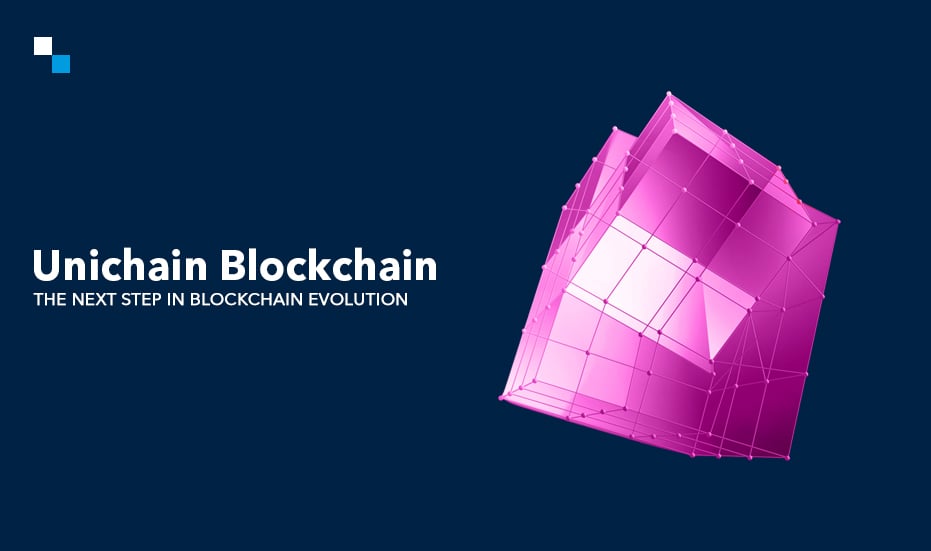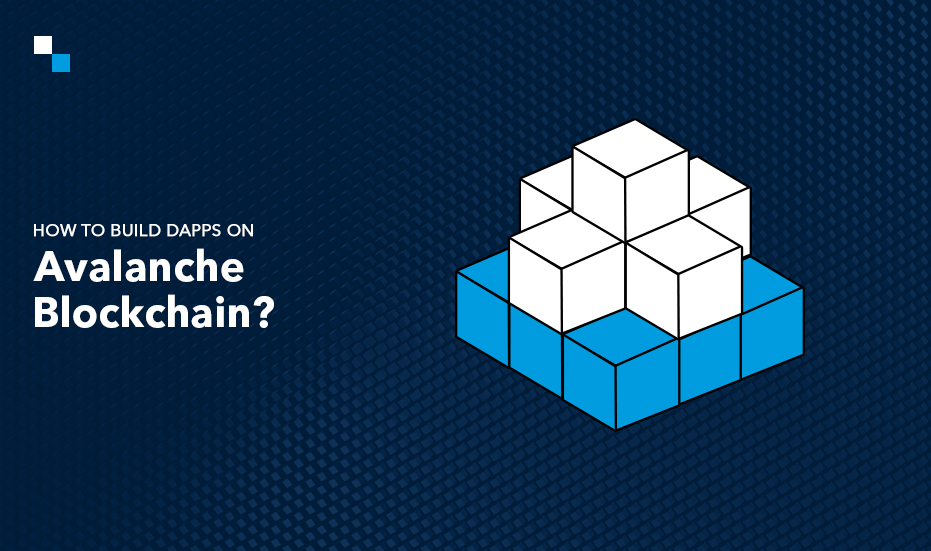How Can a Multisig Wallet Secure your Transactions
January 17, 2020
Crypto Exchange Model for Businesses
January 24, 2020Blockchain is creating a significant impact across industries – be it finance, healthcare, supply chain, real estate, transportation, agriculture or any other. Blockchain technology offers benefits like transparency, traceability, efficiency, and security of transactions. In this article, we will explore the opportunities and impact that blockchain is creating in the real estate industry.
[sc_fs_multi_faq headline-0=”h3″ question-0=”What are the benefits of integrating blockchain technology in the real estate industry?” answer-0=”Blockchain technology in real estate provides the benefits of reduced costs, automated processes, transparent network, and real-time settlement processes.” headline-1=”h2″ question-1=”How is blockchain technology revolutionizing the tenant identity?” answer-1=”Blockchain-based KYC/AML verification procedure automates and streamlines background checks on tenants. The digital identity of every individual is easily shareable across different parties.” headline-2=”h2″ question-2=”Is blockchain creating a significant impact on property sales?” answer-2=”Yes, with the integration of blockchain technology the whole system becomes easily executable and traceable. It enhances the speed of transactions and reduces the cost of transaction fees.” count=”3″ html=”false”]
Commercial real estate business is significantly impacting the world’s overall GDP. The size of real estate investment is growing exponentially year by year, sparking the interest of individuals. With the integration of blockchain technology in the real estate industry, the following benefits can be enjoyed:
- Automated and efficient processes
- Reduced costs
- Transparent network and easier data accessibility
- Real-time payment settlement
- Tokenization
The real estate industry is fragmented and is working independently with no or very less interdependency on each other. Blockchain technology provides a practical solution to the current challenges faced by the real estate industry. Enterprise blockchain solutions development for the real estate industry accelerates and enhances industry operations by removing any third party involvement. Thus, it creates an environment with more transparency, data security, elimination of human errors, and increased data accessibility.
The most important use case of blockchain technology for the real estate industry is asset tokenization. Real estate assets, when tokenized, have the potential to be divided and programmed as digital assets that can be bought by various participants. It may include real estate assets, real estate funds, revenue streams, governance, and regulatory rights.
Use cases of Blockchain in the Real Estate Industry
The major use cases of blockchain technology in the real estate business are as follows:
- Tokenization
- Land titles and deed records
- Asset management and real estate funds
- Property sale and title assignment
- Investor and tenant identity
- Payments and leasing
- Real-time accounting
Further, we will discuss in detail how each element is creating an impact on the overall real estate market.
Blockchain technology enables tokenization of real estate
Tokens in real estate can be programmed and issued with the logics determined by the issuer to ensure that token distribution and transfer adhere to specific rules. For example, logic can be created to ensure that the tokens can be distributed to specific counterparties, or no one, during the lock-in period.
Tokenization reduces cost and creates an environment for issuing and exchanging assets with the integration of innovative features. It even creates an efficient secondary market trading and settlement of arrangements with no counterparty risk. It provides more accessibility to investors and improves liquidity and distributes risks.
Blockchain impacting land titles and deed records
Enterprise blockchain solutions development replaces the traditional way of creating paper records with digital assets and keeps tabs on these documents on an immutable ledger. It creates a shared document file with multiple parties to create trust within transactions. The ownership records are made accessible to counterparties, thereby creating an environment of digitization. For instance, the land registry authority of Sweden along with other banks and market players has formulated a fully-functional, blockchain-based land register platform to ease the real estate processes.
Impact of blockchain on asset management and real estate funds
Fund owners and asset managers can benefit from automation and real-time data processing offered by blockchain technology. Blockchain technology is thereby transforming the real estate industry through tokenization of real estate funds which will directly help in the reduction of costs and enhancement of the business model. Along with this, other benefits include greater liquidity due to fractional ownership of assets and new capital flow. Besides, it will enable easy distribution of voting rights through tokens.
Impact of blockchain on property sale and title assignment
With the integration of blockchain technology, the whole system becomes easily executable and traceable. Smart contracts optimize the transactions efficiently and create a mechanism of identifiable and trackable documents. The shared ledger technology optimizes the entire procedure and enhances the speed of transactions. It can reduce transaction fees associated with property purchases.
Impact of blockchain technology on tenant identity identification
Blockchain solutions at enterprise scale are creating powerful digital identity systems across various industries, applications, and departments. Blockchain-based KYC/AML verification procedure will automate and streamline background checks on tenants or investors. The digital identity of every individual will be easily shareable across different parties to limit the need to showcase documents (such as credit history, identity check) again and again.
Impact of blockchain on payments and leasing
Blockchain technology eliminates the need for any intermediary as the entire process is automated. It eliminates the constant need to manually reconcile the documents and accounts. The dividend and payments are also automatically matched with the right investor or property owner and it gets disseminated to their account. Smart contracts even automate payments and fees to incentivize landlords, tenants and service providers.
Impact of blockchain on real-time accounting
Property owners, tenants, investors, and asset owners can considerably benefit from the automation of the cash flows and accounting in real-time. In the future, financial statements, balance sheets, profit/loss statements, and income statements can be prepared while being sure of the real-time audit.
Endnotes
Blockchain technology creates multiple revolutionary steps in the compliance procedure, regulatory framework, and investor relations. It automatically tracks the processes in real-time to create transparency in the network.
If you are planning for enterprise blockchain solutions development for your real estate business, Antier can help. We harness our deep domain expertise and rich experience to deliver comprehensive solutions – from asset tokenization to white paper creation and exchange development – to help you accomplish your business needs.
A free consultation is available to discuss your business needs, no obligation, just a friendly chat to work out if we can help.


